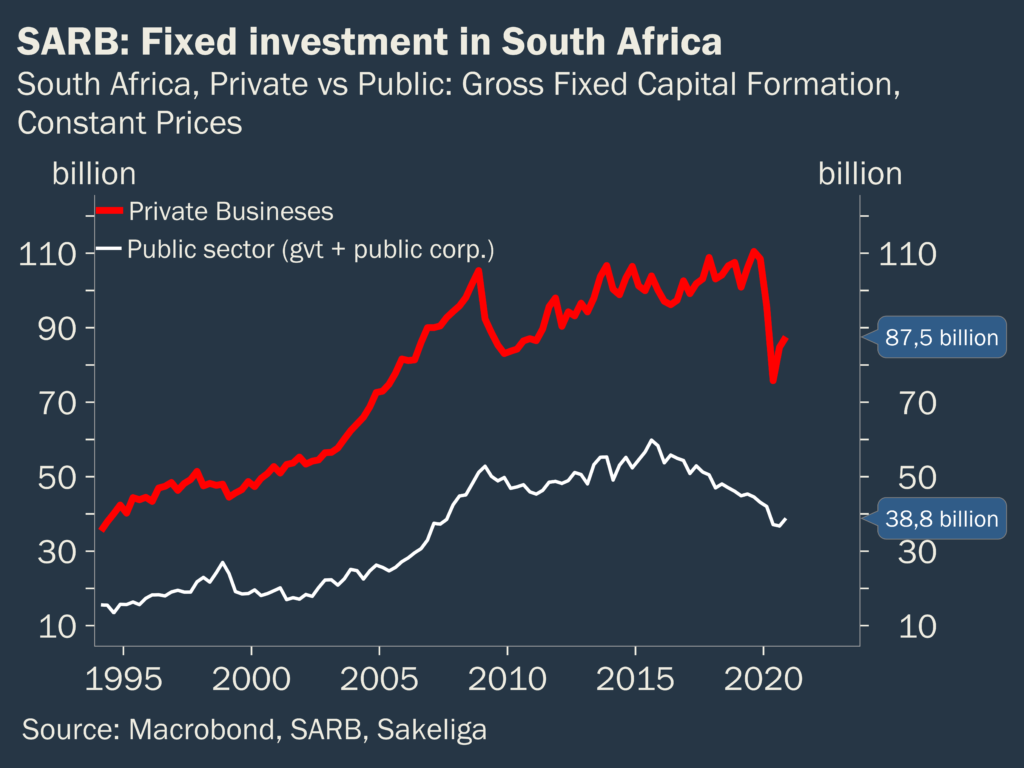The business group Sakeliga has just released a government impact study on the Expropriation Bill obtained through a Promotion of Access to Information Act (PAIA) request. It appears that prior to Sakeliga’s PAIA-request, the study has been withheld from public consideration.
The document, a socio-economic impact assessment (SEIA) initiated by the Department of Public Works and Infrastructure, outlines government’s assessment of the costs and benefits of the controversial Expropriation Bill. Impact assessments are required in terms of a 2015 Cabinet decision to ensure that the costs of legislative and policy changes, as in the Expropriation Bill, do not outweigh the benefits.
The SEIA is supportive of confiscation of property without compensation and reveals various institutions’ purported support for the proposal. In fact, the study claims there is unanimous support for the Bill among the entities it consulted.
Sakeliga is imploring the groups listed in the document – which include Agri SA, the Banking Association of South Africa, and the American Chamber of Commerce, among others – to verify that the study accurately records their supposed support of the Bill. At the same time, it appears that opposing voices, from organisations such as Sakeliga, the Institute of Race Relations, and the Free Market Foundation, among others, are not considered in the SEIA, thus creating the façade of unanimous support among civil society for the Bill.
Sakeliga condemns both the apparent withholding of the document from public consideration as well as glaring deficiencies regarding its content.
Gerhard van Onselen, Sakeliga senior analyst, notes that “Impact studies are typically measured against international standards. The present assessment, in our estimation, does not meet the benchmarks of a rigorous regulatory impact assessment. It rather reads like a political justification for expropriation policy and does not really account for the cost of the proposal.”
Among other things, the document claims banks will benefit from an increase in their mortgage books due to expropriation and state policy. Sakeliga regards this claim as factually unfounded.
“Moreover”, continues Van Onselen, “the document also does not model the impact of expropriation policies on for instance GDP trend growth, unemployment, investment, and poverty. Instead, it only concerns itself with direct costs to the state – for instance, defending against litigation – and not economic consequences.”
In terms of the analysis on whether the Bill will deter investment, the document merely dismisses investor concerns by claiming such concerns are “weakly supported”, noting that, there is “no empirical evidence” to support an observation of deterrence of investment. Yet, Sakeliga notes that the since the previous administration a weakening (flattening) trend of investment by private enterprises are clearly visible. Moreover, the Ramaphosa administration did little to recover broad metrics such as growth in private capital formation by business enterprises.

Martin van Staden, Legal Fellow at Sakeliga remarks that Sakeliga’s comments should not be construed as disagreement with findings of a government report. “There is nothing of substance to disagree with, as the document amounts to nothing more than an extended opinion article. We might disagree with the expressed opinion, but there are no real facts, data, or analyses to consider. This is not entirely unexpected, because in actual fact there are no benefits or advantages to a legal regime that deprives rights in the way that the envisaged Expropriation Bill would.”
The impact study claims that the Expropriation Act of 1975 treats owners unfairly and South Africa’s expropriation regime must be aligned with the Constitution. The study regards the proposed Expropriation Bill as the answer to these challenges.
“While the 1975 Act is far from perfect, at present it offers more protection to property owners than the proposed Bill does. It guarantees the payment of solatium – money for inconvenience – in addition to market value as a baseline of compensation. The new Bill removes solatium, streamlines the expropriation process for government at the expense of property owners, and even allows government to confiscate property without compensation,” argued Van Staden. “The bill can in no way be described as fair or constitutionally-aligned.”
Sakeliga is considering further action to address the obfuscation of adverse economic realities at the hand of the so-called “study”.
The full SEIA can be found at this link.

